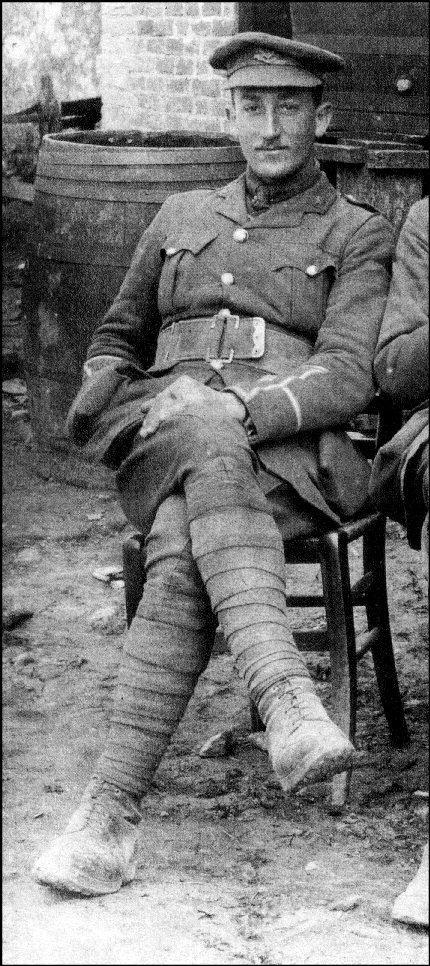| Other Info | M.C. London Gazette 18 June 1917:
"For conspicuous gallantry and devotion to duty. He personally stopped two counter-attacks on his front with a mere handful of men. He himself firing the machine gun with great accuracy and determination. Although his right flank was cut off, he remained for 48 hours until relieved."
Howard Baker Wakes Williamson was born in Bellair, Durban, South Africa, in August 1889. He was educated in South Africa, and initially employed with the Defence Department of the Natal Government, before working as a Metallurgist. Williamson travelled to the UK in 1915 and, aged 26, joined the Inns of Court O.T.C. in December of the same year. He joined No. 11 Officer Cadet Battalion in May 1916, and was commissioned Second Lieutenant in the 6th (Reserve) Battalion, Worcestershire Regiment in September 1916.
Williamson was posted to the 4th Battalion, Worcestershire Regiment, and served with them in the French theatre of war from 25 October 1916. He initially served as their Lewis Gun Officer, before handing over the duties in February 1917. Two months later the Battalion served as part of the 88th Brigade, 29th Division, in the trenches at Monchy Le Preux. Williamson distinguished himself on 23 April 1917, when the Battalion was engaged in the Second Battle of the Scarpe, as part of the Battles of Arras:
Williamson advanced to Acting Captain in August 1917, before returning to the UK to recuperate from illness in December 1917. He relinquished his commission in November 1920, and returned to South Africa. In 1924 he changed his name by legal deed, at the request of his maternal grandfather who had no son, to Howard Baker Wakes Williamson.
Despite turning 50 in August 1939, Williamson applied to be appointed to the Reserve of Officers, Infantry Branch, South African Defence Force at the outbreak of the Second War. He was employed as a Captain at various training establishments including a two month attachment to the South African Tank Corps. Williamson advanced to Acting Major in December 1940, and was posted as Officer Commanding Troops at the Union Defence Forces Broken Hill Base Camp, Northern Rhodesia. From August 1941 he served as a Staff Officer at H.Q. Natal Command, before being appointed Camp Commandant, Clairwood Race Course Camp in September the following year.
Willamson was appointed Temporary Major in October 1942, before being found medically unfit for further military service in January 1944. He died in Durban in June 1965.
|
|---|
